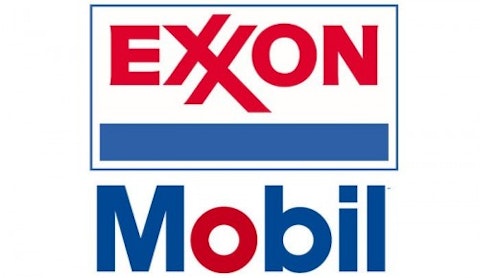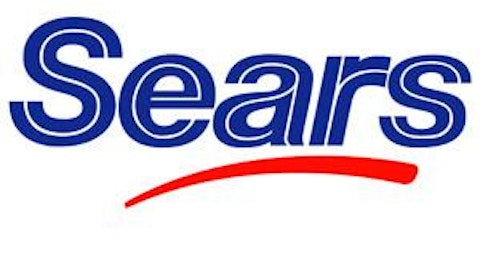The Fourth of July brings to mind barbecues and fireworks. The idea of living in a free country underlies these festivities. It’s the perfect holiday for thinking about freedom and the rights of individuals, as well as the importance of having rights such as free speech and voting in political elections.
Those who have invested in public companies have votes, too. For a long while, the corporate governance element of stock investing got lost in the bubbly times over the last several decades. As long as stocks made money, few investors thought much about corporate governance and their rights as shareholders.
However, we’re moving into a more informed, more critical era. Incidents like the shareholder vote regarding Jamie Dimon’s dual role at JPMorgan Chase & Co. (NYSE:JPM) illustrate that shareholder votes are important, and shareholders are beginning to take voting seriously.
Big bangs
Speaking of fireworks, shareholder votes have become more interesting at many companies this year. CEO compensation was previously one of the most accessible issues individual investors recognized, but other corporate governance issues are apparently building in shareholder support.
Majority voting is one of these. Really, majority voting is a simple and common-sense policy. It simply means that a majority of votes are required for functions such as director elections. Under plurality voting, a director can be elected with just one lousy vote. (Yes, that is outrageously similar to the kinds of things that would go on in a banana republic, in case you were wondering.)
This past proxy season, more investors have apparently seen the light when it comes to majority voting, and believe it will be a good thing at their companies. Check out the following significant vote results.
- Exxon Mobil Corporation (NYSE:XOM) is a massive and popular blue chip company. However, a sizable 45% of its shareholders voted in favor of majority voting.
- Devon Energy Corp (NYSE:DVN) shareholders pretty much split in half on the majority voting issue, with 51% voting for the policy. In that case, individual investors who sat on the sidelines and didn’t vote (and we know that many still do) could have made a difference in a victory that barely squeaked by.
- Aetna Inc (NYSE:AET) experienced a landslide — a landslide defeat on this issue, that is. John Chevedden’s proposal for majority voting received 76% of shareholders’ votes.
Significant shareholder revolts
Executive compensation remains the less esoteric issue, and it’s alive and well in 2013 as majority voting gains more traction. This year, a few high-profile say-on-pay defeats or squeakers should grab our attention.
Target Corporation (NYSE:TGT) shareholders just barely approved the company’s compensation policy. In contrast to Devon Energy Corp (NYSE:DVN)’s narrow defeat, Target Corporation (NYSE:TGT) gained narrow approval, with just 52% of its shareholders voting for its executive pay policies. That’s an even bigger deal when you consider that in last year’s say-on-pay vote, 83% of shareholders gave the thumbs-up to Target’s executive compensation.






